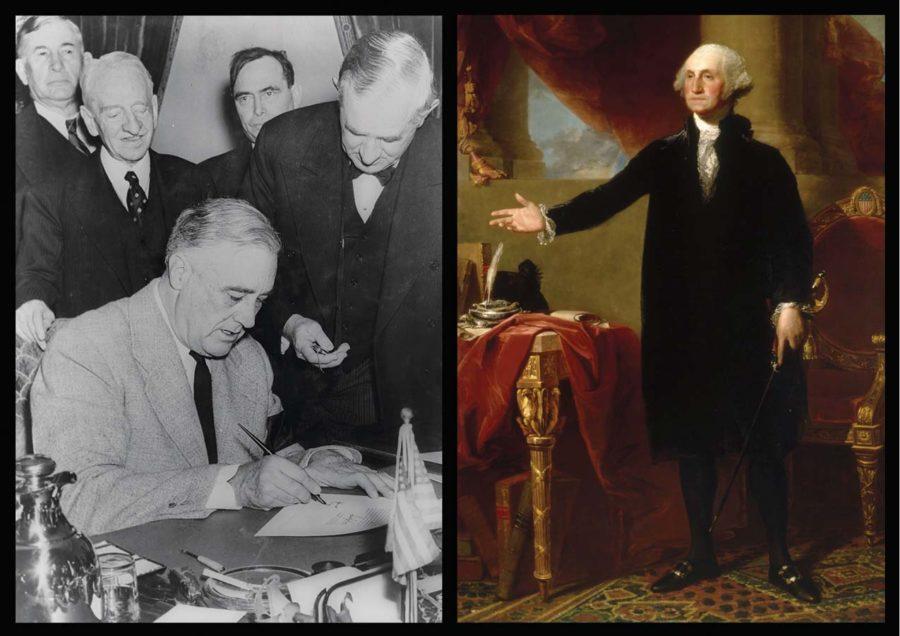Witte: Term limits go against view of the founders
October 3, 2011
A great debate in contemporary American political discourse concerns term limits and whether members of the House of Representatives or the Senate need to have them. Many proponents of term limits claim that “career” politicians spend their lives in Congress and become corrupt and are almost immovable from office. Incumbents win a huge percentage of the time, and sometimes being a challenger is an exercise in futility.
I, however, feel that term limits go against the founding principles of the republic and against the intentions of the founders themselves. I believe that no electable office should have term limits, from your local city council member to the president of the United States. For this, there are several reasons that will be explained hence.
First off, term limits for the presidency were never a part of the Constitution. Limits were added with the 22nd Amendment after Franklin Roosevelt broke with tradition and was elected for a third and fourth term. In writing the Federalist No. 69, Alexander Hamilton claimed that the “… magistrate [President] is to be elected for four years; and is to be re-eligible as often as the people of the United States shall think him worthy of their confidence.” Even in writing the Federalist Papers, Hamilton and the founders felt that the presidency ought not to have term limits. Just because a president does not have term limits does not make the office king-like; the mere fact that we are able to vote every four years makes our executive nothing like a monarch. And if the founders did not intend term limits for the presidency, the most powerful position in the government, certainly senators and representatives would have a similar fate.
Turning now to Congress, there are many members of both houses that have served for very long periods of time; decades even in some cases. And although many of these politicians earn a title of “career politicians,” there is a difference between those who become corrupt and rich off of lobbyists and those who spend their entire political careers serving the public in an honest and earnest way; the latter of which should be commended, not scorned. The true artful politician uses positions in government in order to “climb the ladder” of political action so that they may experience action in the fullest way possible. Are we to cut this ascent short simply because we can?
The main reason why I do not believe there should be term limits is because it is our responsibility to vote politicians in and out of office. After all the spectacle that is the campaign, which includes commercials, debates, etc., it is our job as the electorate to choose a politician based on their substance. If we were all as informed and knowledgeable about candidates as we should be, then term limits should not be a problem; if a politician is not serving their constituents, then it is time to go; if new politicians are up-and-coming and we feel they should have a chance to serve, then there should be nothing stopping us from voting out the incumbent. There should not be arbitrary term limits set in place to punish those politicians who are still honestly serving their constituency, no matter how long they have served.
Piggy-backing off this notion is the realm of campaign finance, something that needs to be seriously overhauled in this country. Of course, as mentioned above, if the electorate was completely informed about the political process and their candidates for office, then all the money in the world could be thrown at an election and it would not be able to cloud the election. However, we do not live in a world like that. We have to make do with what we have, and right now we have a system that lets multi-national corporations and large-scale unions alike contribute unlimited amounts of money to campaigns, making the political system merely one that supports moneyed interests — not the interests of the public good.
So in the end, it is really up to the voting electorate — us — to give term limits to politicians. We hardly need to have a constitutional amendment stipulating that every senator and representative can only serve for “x” amount of terms. I believe the founders left it out of the Constitution for a reason; that reason being that it is our responsibility — and a lofty one at that — to see when a politician has had their due time in office and to pass the authority on to the next.







